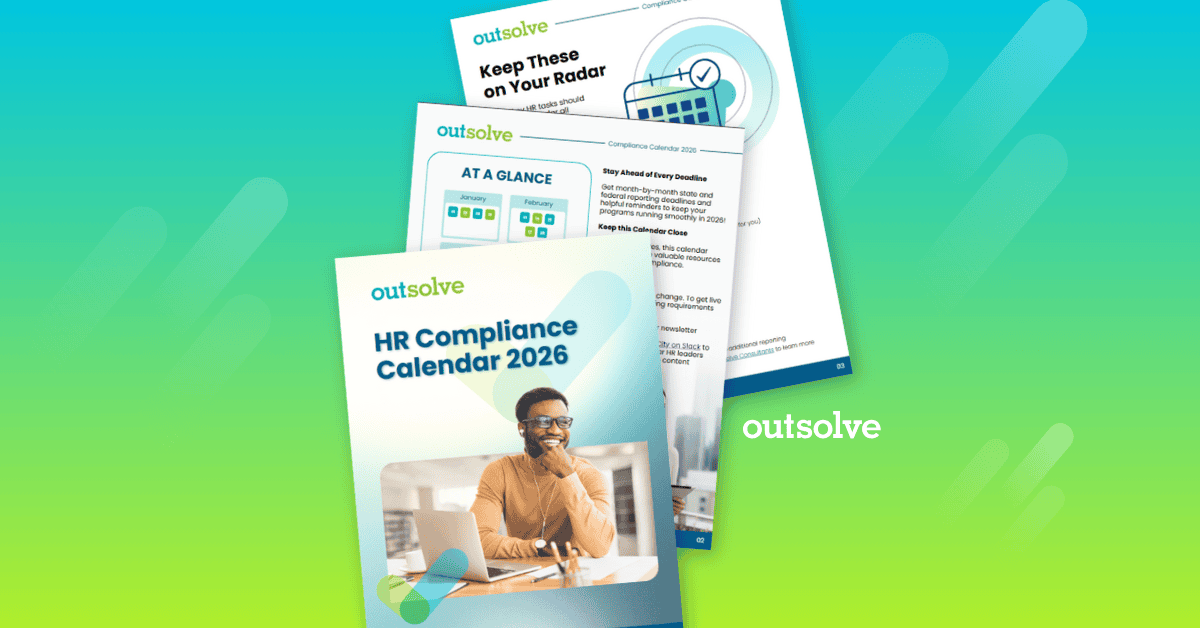Congress seeks to restore flexibility to EEOC’s conciliation process
Using the Congressional Review Act, the U.S. House of Representatives joined the Senate and voted to overturn the Trump Administration conciliation rule which became effective February 16, 2021. The rule obligated EEOC to engage in conciliation to resolve discrimination charges instead of simply affording victims a cause for action for damages. If President Biden signs off on the repeal, as expected, the conciliation rule is legally treated as if it never existed,
Title VII of the Civil Rights Act of 1964 requires EEOC to try to conciliate charges of discrimination which the agency believes have merit before considering litigation. In 2015, in the Mach Mining, LLC v. EEOC case, the Supreme Court decision outlined what the agency needs to do to satisfy the conciliation requirement. As a result of the overturning the conciliation rule, EEOC’s conciliation process can now revert back to standards set forth by the Supreme Court in 2015.
“The action by Congress restores the Commission’s flexibility to tailor the conciliation process to the facts and circumstances of each case, thus increasing the likelihood of a successful resolution,” said EEOC Chair Charlotte A. Burrows.
Prior to the adoption of the newly rescinded rule, the EEOC recovered $38.8 million for victims of discrimination through conciliation.
Founded in 1998, OutSolve has evolved into a premier compliance-driven HR advisory firm, leveraging deep expertise to simplify complex regulatory landscapes for businesses of all sizes. With a comprehensive suite of solutions encompassing HR compliance, workforce analytics, and risk mitigation consulting, OutSolve empowers organizations to navigate the intricate world of employment regulations with confidence.
Weekly OutLook
Featured Posts

New Year, New Deadlines: 2026 HR Compliance Calendar

outRageous HR: Plan Now or Pay Later
Related Posts

In-House or Outsourced I-9 Management: Which Is Best for Your Organization?
Every U.S. employer, regardless of size or industry, is required by law to confirm each new hire’s identity and verify that they are authorized to...

outRageous HR: Building a Compensation Strategy That Actually Works
If your compensation strategy is mostly “gut feeling” plus whatever you did last year… it’s time to rethink your approach.

HR Compliance Checklist: What Every HR Pro Needs to Know
During times of sweeping change to federal laws, and with new state laws being enacted, it's more important than ever for HR professionals to ensure...
.png)